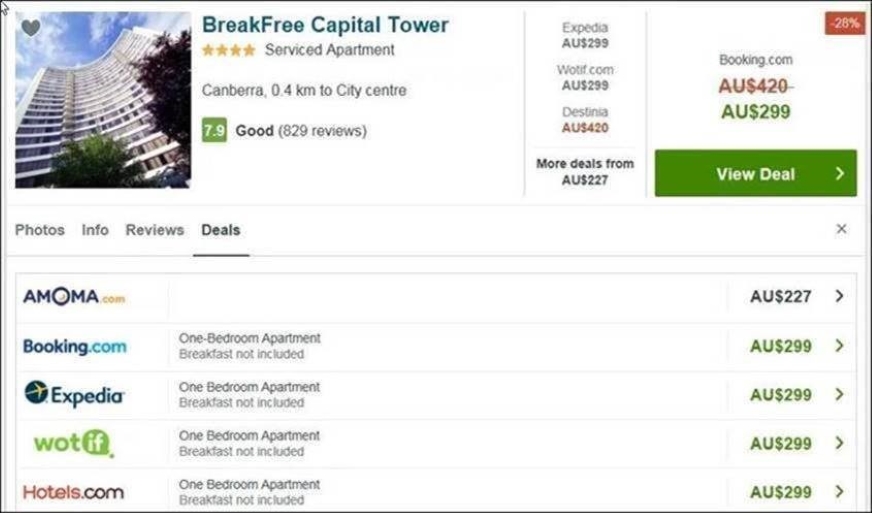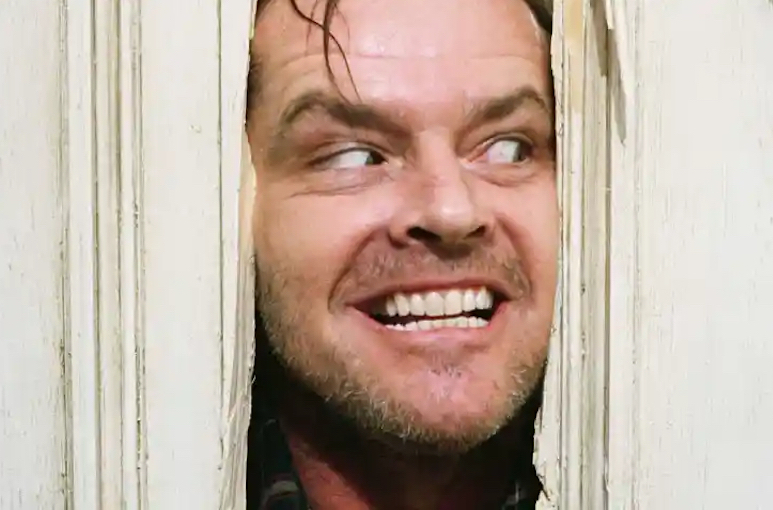Hotel comparison site Trivago has been hit with $44.7 million in penalties by the Federal Court, misleading representations about hotel room rates on its website and in television advertising, in proceedings brought by the ACCC.
In January last year, the Federal Court found that Trivago breached Australian Consumer Law when it claimed the site offered users the best deal or cheapest rates for a hotel.
Instead, the business used an algorithm which gave significant weight to hotel booking sites that paid it the highest cost-per-click fee.
As a result, it often did not highlight the cheapest rates for consumers.
During the trial Trivago admitted that between December 2016 and September 2019 it received around $58 million in cost-per-click fees from clicks on offers that were not the cheapest available offer for a given hotel. That meant users overpaid around $38 million for rooms featured in those offers.
The Court found Trivago’s use of strike-through prices or text in different colours gave consumers a false impression of savings because they often compared an offer for a standard room with an offer for a luxury room at the same hotel. The judge also ruled that until at least 2 July 2018, Trivago misled consumers to believe that its website provided an impartial, objective and transparent price comparison for hotel room rates.
The company, part of the Expedia Group, appealed the 2020 Court ruling, but that case was dismissed by the Full Federal Court in November last year.
Former ACCC chair Rod Sims, who launched the legal action, described Trivago’s conduct as “particularly egregious” at the time.
New ACCC chair Gina Cass-Gottlieb said Trivago took advantage of people trying to find the best deal, and the size of the penalty reflects the seriousness of the company’s conduct.
“The way Trivago displayed its recommendations when consumers were searching for a hotel room, meant consumers were misled into thinking they were getting a great hotel deal when that was not the case,” she said.
“This penalty sends a strong message not just to Trivago, but to other comparison websites, that they must not mislead consumers when making recommendations.”
The ACCC has made checking price representations by online businesses a key focus of its enforcement activities, with ASX-listed ecommerce retailer Kogan.com among those falling foul of the regulator and the courts for misleading ‘savings’ ads.

An example of Trivago’s online price display in 2018. For example, the $299 deal is highlighted below, when a cheaper deal was available if you clicked “More deals” (underneath the offers from other booking sites).




















Trending
Daily startup news and insights, delivered to your inbox.